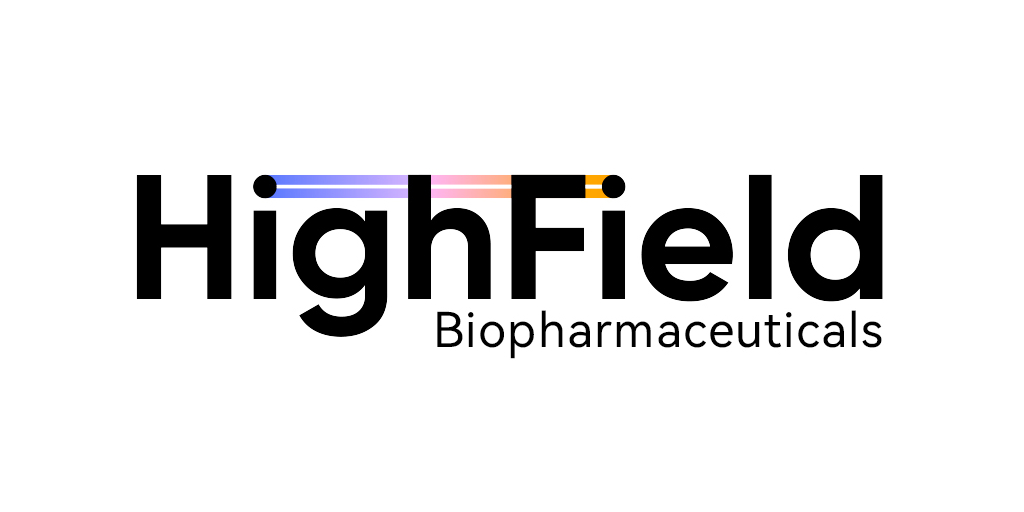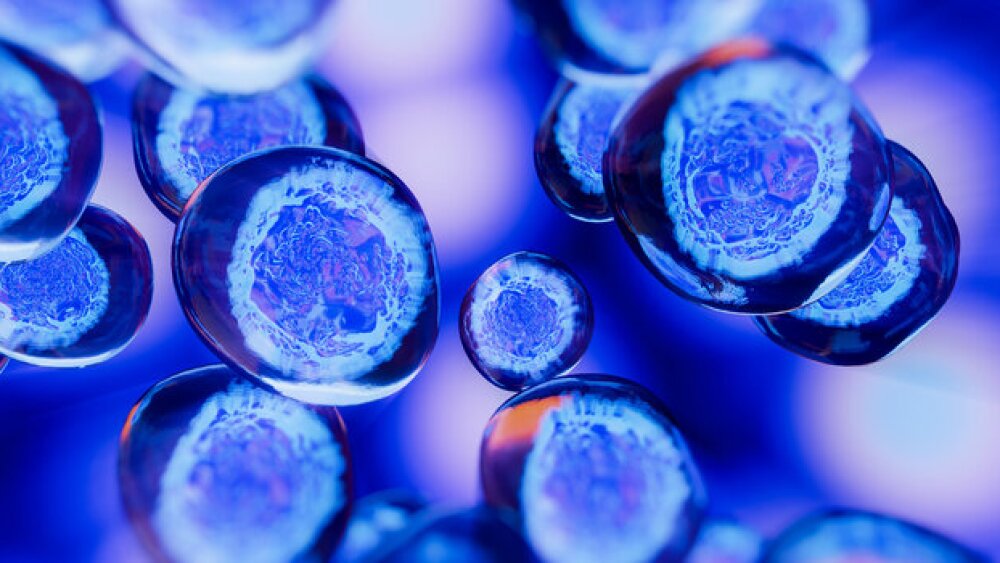- A Phase 1 trial of HF50 to evaluate the safety, tolerability, pharmacokinetic characteristics, immunogenicity, and preliminary efficacy in patients with advanced solid tumors is expected to begin in 1Q2025.
- HF50 is part of a groundbreaking platform of immunoliposomes, which activate and direct T cells and are armed with different payloads, creating a completely different approach in mobilizing the immune system for treating a broad range of diseases.
HANGZHOU, China--(BUSINESS WIRE)--HighField Biopharmaceuticals, a clinical stage company using lipid-based therapeutics to treat cancer, diabetes and other diseases, announced today that the Center for Drug Evaluation of China’s National Medical Products Administration has granted clearance of the company’s Investigational New Drug (IND) application to begin a clinical trial of HF50 in patients with advanced solid tumor cancers.
“This is a highly significant milestone for our company and for patients,” said Yuhong Xu, Ph.D., CEO and Scientific Founder of HighField. “HF50 is a T cell Redirecting Antibody Fragment-anchored Liposome, or TRAFsome, with two different antibodies attached; the first binds to T cells and the second binds to tumor cells. It is the first-of-its-kind liposomal T cell engager to emerge from our platform of immunoliposomes, and the first to enter clinical trials.”
In addition to converting T cells into an army of cancer destroyers, HF50 also carries a payload that releases in the tumor microenvironment to facilitate the anti-tumor immune reactions.
The design of the TRAFsome T cell engagers builds upon the success of HighField’s LipoADCplexTM platform. The first product from this platform is K1, which contains the anti-HER2 antibody for binding to tumor cells and delivering cancer killing drugs. K1 is in clinical trials and has shown very good safety profiles in cancer patients.
“Once we proved the LipoADCplexTM platform could be safer, cheaper and more effective than ADCs (antibody-drug conjugates), the next logical step is to enlist immune cells with a second antibody to enable immunotherapy against the target cells,” Dr. Xu explained. “T cell engagers can be very powerful. But over stimulation may result in high risk of toxicity and T cell exhaustion.”
The Phase 1 open-label, dose escalation and dose expansion trial of HF50 will evaluate the safety, tolerability, pharmacokinetic characteristics, immunogenicity, and preliminary efficacy in patients with advanced solid tumors. The trial is expect to begin in 1Q2025.
“As a T cell engager, HF50 has advantages over bispecific antibody constructs and even CAR T cells,” Dr. Xu said. “The liposomal T cell engagers can integrate three specific activities. The first is to activate T cells; the second is to direct the T cells to target cells; and the third is to release the payload to facilitate the immune responses.”
Dr. Xu added, “The TRAFsomes can be made modularly with low costs. Preclinical data suggested they are much safer and more effective. We can also add different payloads to expand their application to other illnesses such as autoimmune diseases and illnesses related to aging.”
About HighField Biopharmaceuticals
HighField is a clinical stage company focused on novel applications of liposome constructs directed to immuno-oncology and gene therapy. HighField’s lead products in clinical trials are K1, derived from its LipoADCplexTM platform, followed by HF50, derived from its TRAFsomeTM platform. The company’s pipeline also includes K16, a drug encapsulated immune modulating liposome targeting myeloid-derived suppressor cells in clinical trials for refractory cancers; and HFG1, an LNP-mRNA complex for expression of a GLP-1R agonist for weight loss and diabetes. For more information visit https://highfieldbio.com/.
Contacts
Media Contact:
Dan Eramian
Opus Biotech Communications
danieleramian@comcast.net
425-306-8716






